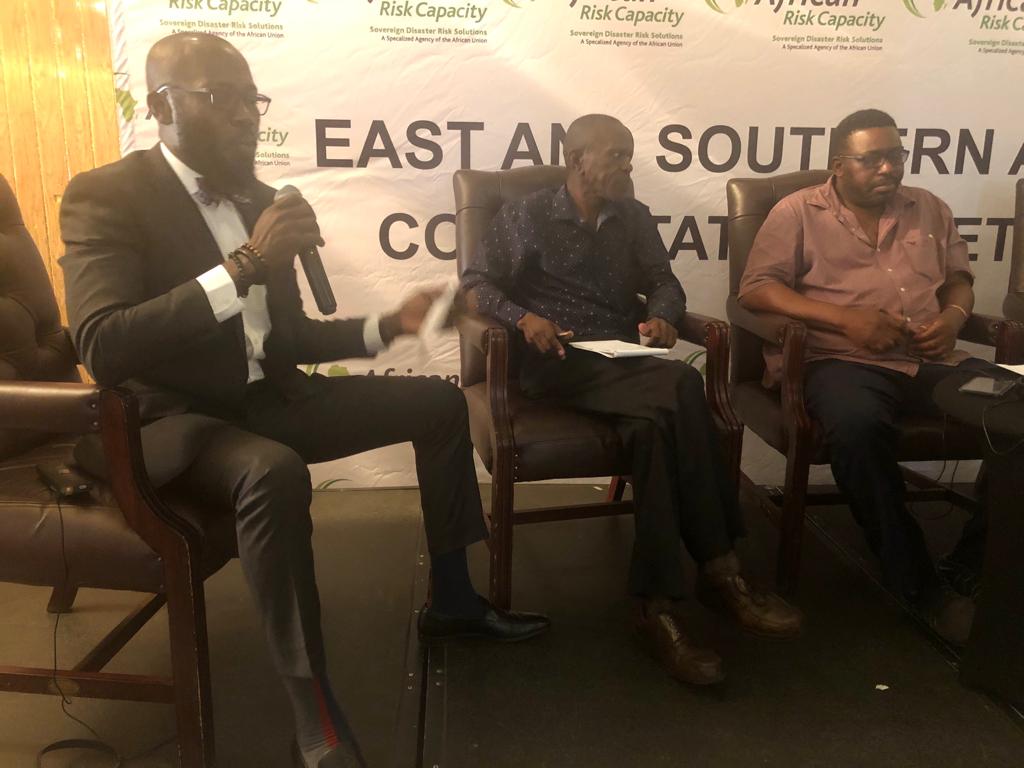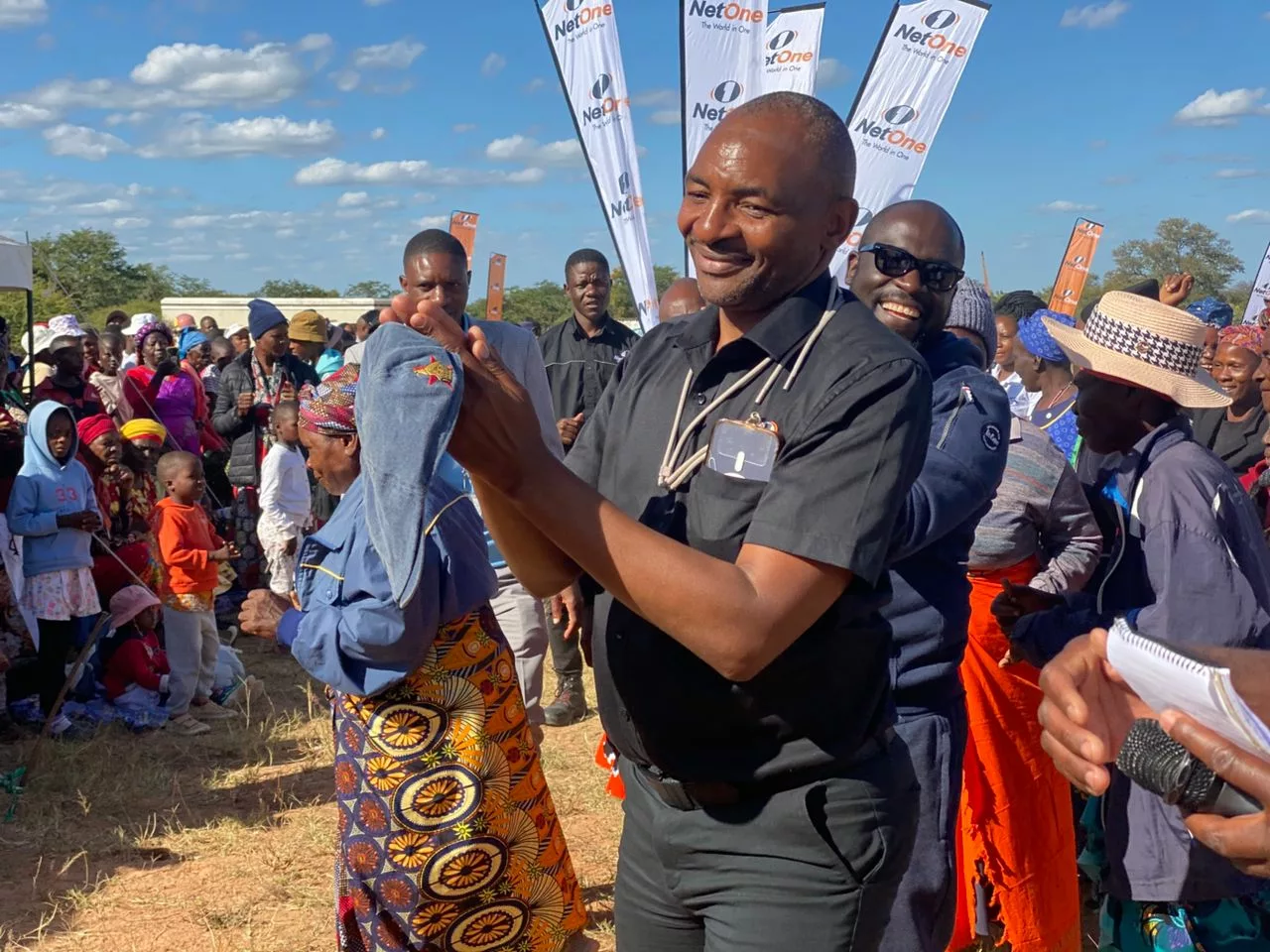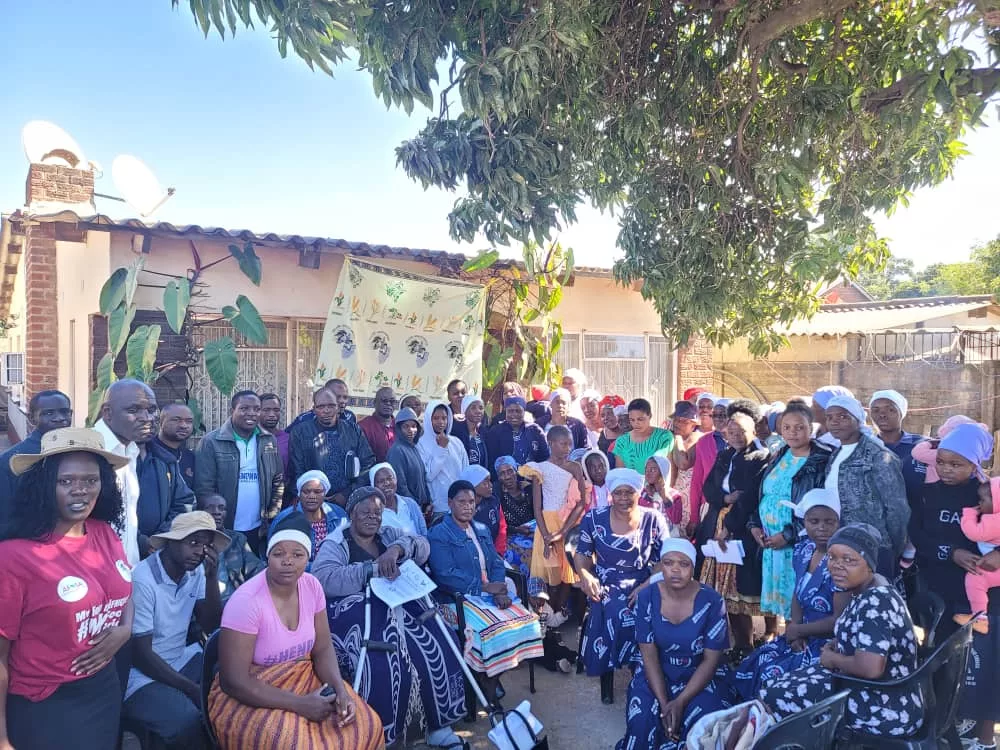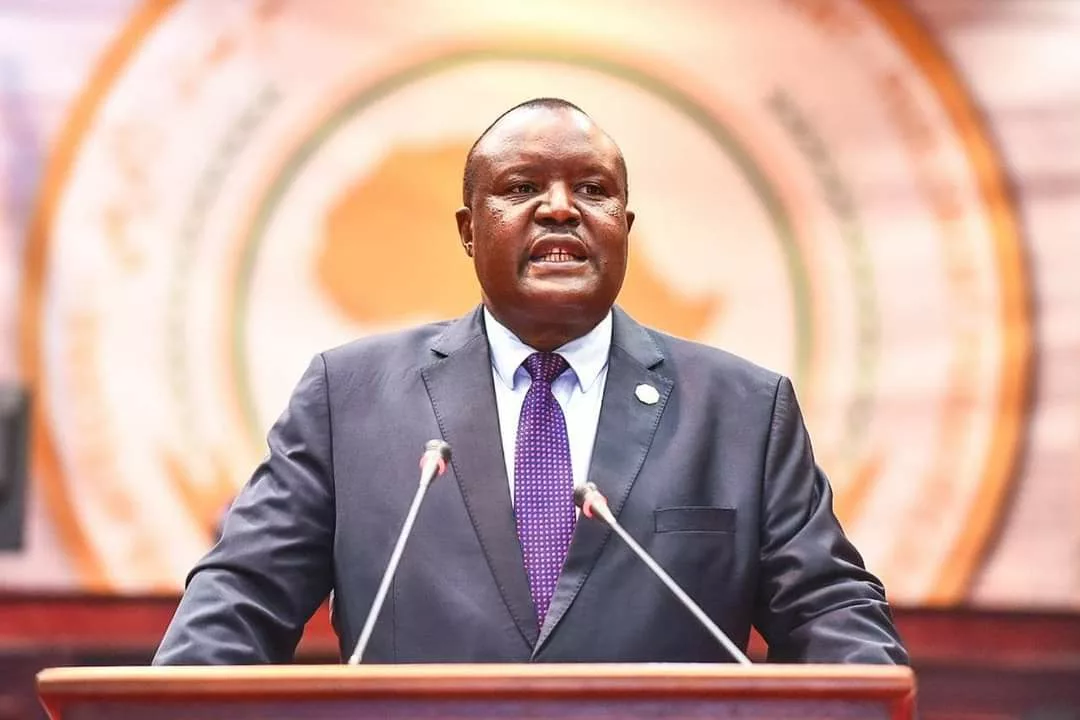By Anyway Yotamu and Joyce Mukucha
The African Risk Capacity (ARC) has advocated for media inclusion by stakeholders into Disaster and Risk Management issues as it highlighted that journalists play a pivotal role in disseminating natural hazards information.
Media capacity building reaps benefits when building resilience and mitigating hazard impacts. Building the capacity of media in the context of disaster risk reduction involves many facets which can be approached from the perspectives of policy and legislation, technical communication systems, emergency communication networks, content production and research.
Speaking at the ARC workshop held recently in Harare, the ARC Senior Communication Specialist, Chinedu Moguhlu, alluded that stakeholders should consider media as powerful partners in order to mitigate climate change disasters in Africa.
He indicated that most of the stakeholders has a tendency of using the media only when they need positive coverage and tend to relegate them in crucial issues that ought to be heard by the public.
“In as much as we strive to avoid, lessen or transfer the adverse effects of hazards through activities and measures for prevention, mitigation and preparedness, it is of paramount importance to take on board the media, they should be more of partners than mere reporters.
“Building media capacity gives active consideration of Communication for Development (C4D), a tool for social and political transformation. It promotes participation and social change using the methods and instruments of interpersonal communication, community media and modern information technologies. C4D is not an add-on, but rather a cross-cutting activity in project management, aimed at strengthening dialogue with beneficiaries, partners and authorities in order to enhance local ownership of programmes and generate a sustainable impact,” Chinedu said.
He further stressed that it was significant to treat DRM as a circle in which the media should be involved especially in rural areas, where most of the people do not understand some complicated issues that need to be unpacked with the media in an understandable manner.
“Before disaster strikes, it is the role of the media to inform the people about causes of climate change, they should be able to disseminate information on the ground. Without the good engagement of a well-informed media it would be difficult to achieve effect communication for development,” he said.
Mr Charles Omondi, the Senior Journalist, Nation Media Kenya also pointed out that most communities especially in urban-distant areas were left out in as far as receiving proper and effective disaster related information was concerned.
He said it was important to have workshops for journalists that will help them to augment their knowledge concerning climate change issues. Incentives and awards, he said were also important in pushing the media to be responsible when disseminating DRM information.
Media is there to educate and inform people therefore it requires its capacity to be improved around issues of climate change and risk management issues.
“The media is the critical point between policy makers and the masses. The policy makers are packaging their policies there, they make people appreciate some of the discusses by different stakeholders.






